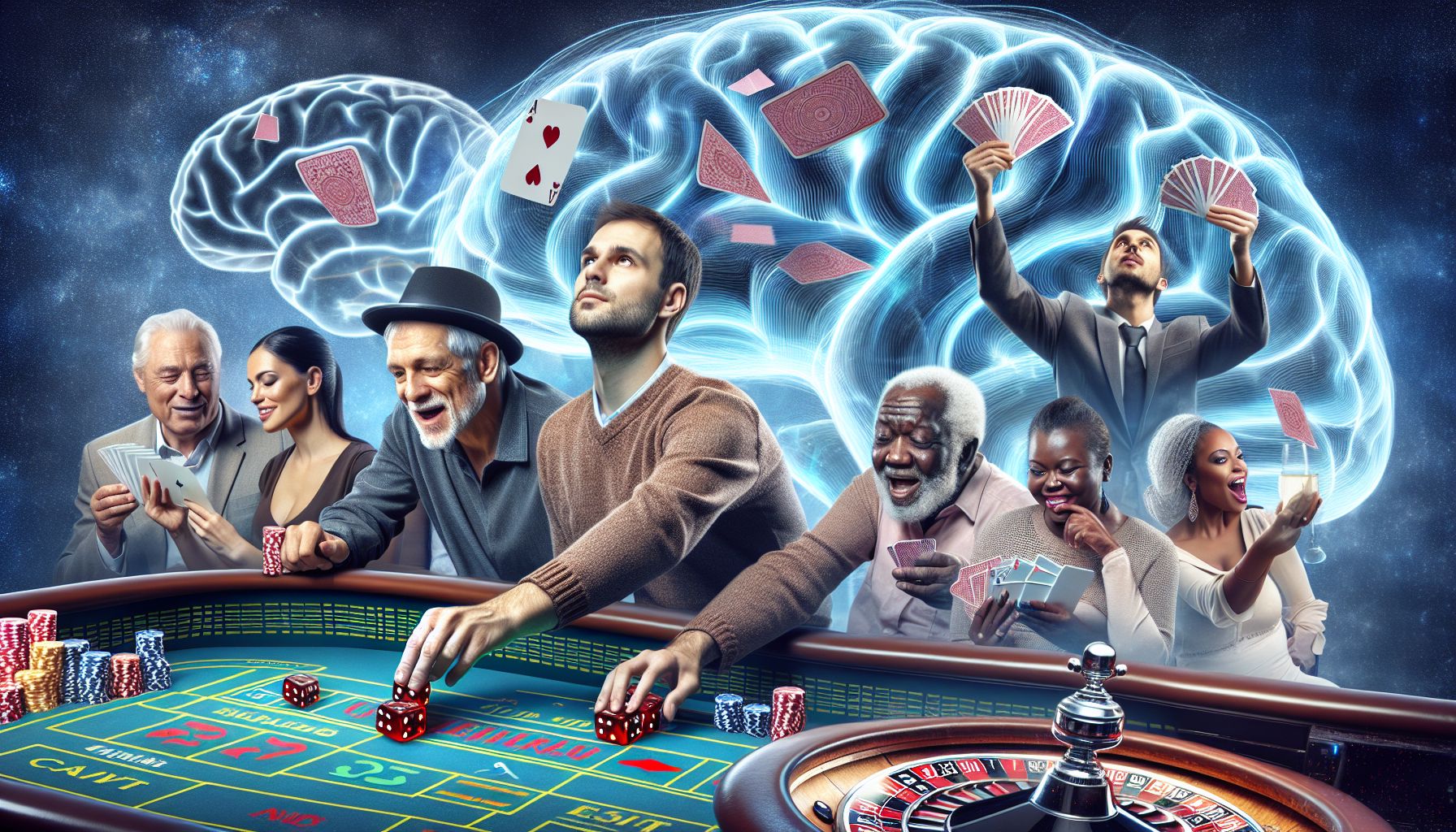We’ve all heard the phrase “the house always wins” when it comes to gambling. And yet, millions of people around the world partake in gambling activities, whether it’s playing slot machines at a casino, betting on sports, or even buying a lottery ticket. But why do we gamble? What is it about risking our money and potentially losing it that makes us feel excited and compelled to continue?
The answer lies in the psychology of gambling, which is a complex mix of cognitive, emotional, and behavioral factors. In this blog post, we will dive into the world of gambling and explore the psychological motivations behind the thrill of the bet.
Understanding Gambling
Before we delve into the psychology of gambling, it’s important to understand what gambling actually is. At its core, gambling is an activity that involves risking money or something of value on an uncertain outcome, with the hopes of winning a larger sum. From a game of chance at a casino to betting on your favorite sports team, gambling encompasses a wide range of activities.
While gambling has been around for centuries, the rise of technology and the internet has made it more accessible than ever before. With online casinos, sports betting platforms, and mobile apps, people can now gamble from the comfort of their own home. This has led to a significant increase in the number of people engaging in gambling activities.
But what drives people to gamble? Let’s take a closer look at the psychology behind the thrill of the bet.
The Role of Probability
One of the key factors that attracts people to gambling is the element of probability. The uncertainty of not knowing whether you will win or lose creates a rush of excitement and anticipation. This is because our brains are wired to seek out rewards, and the potential of winning big triggers the release of dopamine, a neurotransmitter that plays a crucial role in the brain’s reward system.
The concept of probability also plays a role in cognitive biases that can lead people to make irrational decisions when gambling. For example, the gambler’s fallacy is the belief that if something happens more frequently than normal during a particular period, it is likely to happen less frequently in the future. This faulty thinking often leads people to believe that a winning streak will continue, even when the odds are against them.
Emotional Factors
While the element of probability is a significant factor in the psychology of gambling, emotions also play a crucial role. The excitement and thrill of potentially winning can be incredibly alluring, as it triggers the release of adrenaline, leading to a feeling of euphoria. This rush of emotions can be addictive and leave individuals wanting more.
On the other hand, the fear of losing can also be a powerful motivator. Studies have shown that the fear of missing out (FOMO) can be a major driver of gambling behavior. When we see others winning, we feel like we are missing out on the action and want to be a part of it. This can lead to individuals making impulsive and irrational decisions in order to not miss out on a potential win.
Societal Influences
In addition to individual cognitive and emotional factors, societal influences also play a role in the psychology of gambling. The social acceptance and normalization of gambling have made it seem like a normal and harmless activity. From advertisements to celebrity endorsements, gambling is often portrayed as glamorous and exciting.
This can lead to a sense of peer pressure, with individuals feeling like they need to participate in gambling to fit in or be seen as successful. The accessibility of gambling through online platforms also contributes to this pressure, as it is easier than ever to join in on the action.
The Illusion of Control
Another psychological factor that contributes to the allure of gambling is the illusion of control. When people gamble, they often believe that they have some level of control over the outcome. This is especially true in games that require skill, such as poker or blackjack. This sense of control gives individuals a false sense of confidence and makes them believe that they can beat the odds.
The reality, however, is that in most forms of gambling, the outcomes are based on chance and are ultimately out of our control. But the illusion of control can lead individuals to continue gambling, as they think they just need to refine their strategies or skills to win.
The Impact of Losses
While the potential of winning and the thrill of the bet can be incredibly enticing, the impact of losses should not be undermined. When individuals lose at gambling, it can trigger a range of negative emotions, including disappointment, frustration, and regret. These feelings can lead to a vicious cycle of chasing losses and continuing to gamble in an attempt to recover what has been lost.
Moreover, losses in gambling can also have a significant impact on an individual’s financial well-being. This can lead to financial problems, which can then have a ripple effect on other areas of their life, such as relationships and mental health.
Conclusion
In conclusion, the psychology of gambling is a complex and multifaceted subject. From the thrill of winning to the fear of missing out and the illusion of control, there are numerous factors at play that make gambling so alluring. However, it’s important to understand the potential negative impacts of gambling and to always gamble responsibly.
If you or someone you know is struggling with a gambling problem, there are resources available to help. Seek professional help and support, and remember that gambling should be an entertaining and enjoyable activity, not a harmful one.




